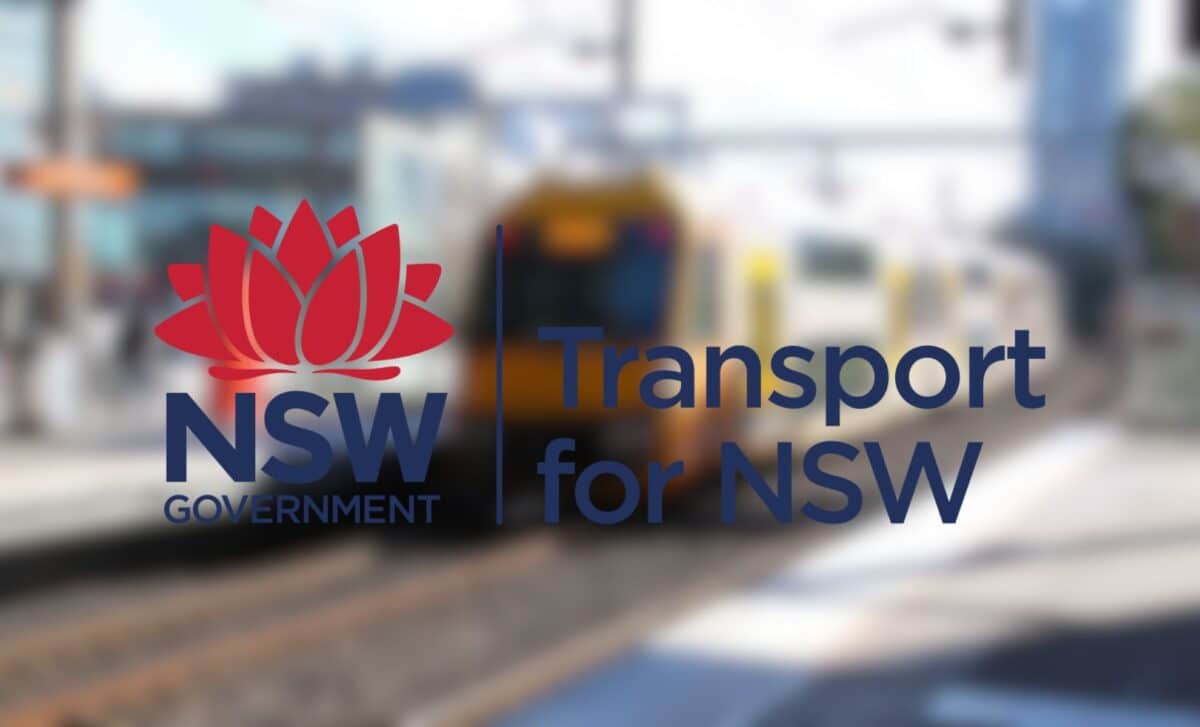Transport for NSW employees have voiced strong concerns about the NSW government’s newly introduced “workplace presence” policy, which mandates greater office attendance for staff who have been working from home.
The policy, aimed at encouraging a return to office environments, has sparked a wave of frustration, especially among hybrid workers and regional employees.
Employee Concerns Over Policy Clarity and Fairness
On Wednesday, a public meeting for Transport for NSW staff revealed palpable anger and confusion about how the new policy will be implemented. Employees voiced uncertainty about the logistics and implications of the policy, with some questioning whether the available office space would be sufficient for the increased number of staff required to return to work.
According to The Mandarin, key concerns included the lack of clarity about office capacity post-pandemic, as well as issues related to workplace safety, particularly for those with existing injuries or disabilities.
There is also significant fear over the policy’s potential to create discrimination, particularly against women, regional employees, and workers with caregiving responsibilities.
Some women expressed worries that the requirement to attend the office could hinder their career progression, as access to flexible work arrangements had previously been a significant factor in promoting gender equality.
The concern is that the policy could reverse progress made in creating more inclusive work environments where employee location was not a determining factor in hiring decisions.
Regional Employees Hit Hardest by Hybrid Work Policy
A particularly contentious issue raised during the meeting was the impact the new policy will have on regional employees. According to the Public Service Association (PSA), the mandate forces some full-time, work-from-home staff in regional areas to commute to hubs, even when their primary work could be conducted remotely.
This is likely to add unnecessary strain on employees who are already balancing family and caregiving duties, and could contribute to increased levels of stress and dissatisfaction.
The “spread of days” policy, which determines which days staff are expected to be in the office, also poses logistical challenges. Many hybrid workers have adjusted to working from home on specific days, such as Mondays and Fridays, but the policy could result in a lack of office space, forcing workers to change their schedules.
This has raised concerns about possible favouritism or discrimination based on who gets to work from home on certain days, further exacerbating tensions among staff.
As the PSA continues to consult with Transport for NSW staff, the situation remains fluid, with no immediate resolution in sight. The union has requested more time to deliberate on the new changes before providing a formal response to the agency.









